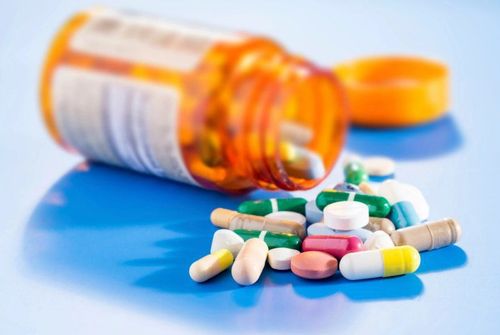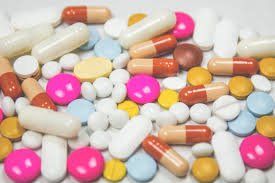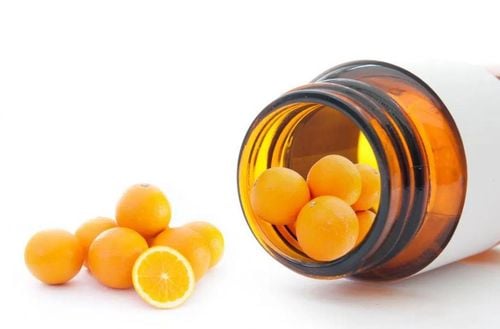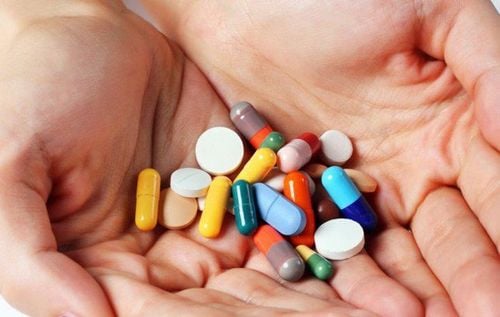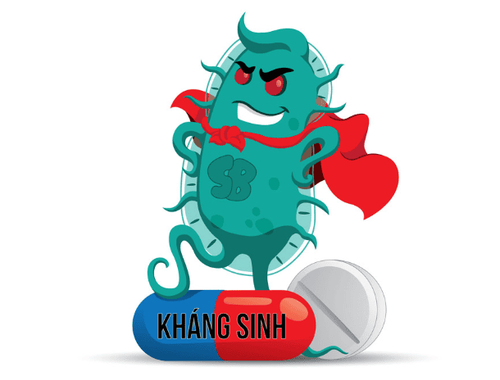This is an automatically translated article.
Currently, multi-antibiotic resistant bacteria are increasing, making it difficult to treat, this is a burning problem of the whole community. The World Health Organization (WHO) ranks Vietnam in the group of countries with the highest rate of multi-antibiotic resistant bacteria in the world. So what is multidrug resistance in bacteria?
1. What are multidrug-resistant bacteria?
Antibiotics have the effect of killing or preventing the growth of bacteria, so are used in the treatment of infections caused by bacteria. However, bacteria have been finding ways to fight antibiotics to survive and thrive.
Antibiotic-resistant bacteria are bacteria that cause antibiotics to lose control or kill. Antibiotic-resistant bacteria can survive and even multiply even in the presence of antibiotics. Most bacteria that cause infections can become resistant to at least some antibiotics.
Accordingly, bacteria resistant to antibiotics from two or more antibiotic groups are called multi-antibiotic resistant bacteria (MRO), and bacteria resistant to all antibiotics are called all-resistant bacteria.
MORE: When should antibiotics be stopped?
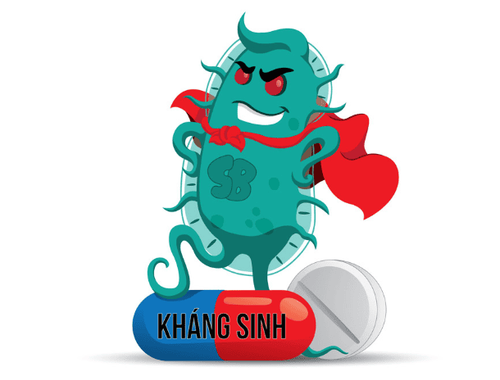
Vi khuẩn đa kháng thuốc làm giảm đi tác dụng của thuốc
2. How dangerous are multi-antibiotic resistant bacteria?
Multi-drug resistant bacteria are causing many serious problems in hospitals, especially central hospitals. Some typical multidrug-resistant bacteria such as methicillin-resistant Staphylococcus aureus or multi-resistant Escherichia coli (E. coli).Staphylococcus aureus (S.aureus) also known as "golden staph" is commonly found in the community and medical facilities. Patients infected with staphylococcus aureus often have a wide range of symptoms, ranging from mild cutaneous to systemic manifestations such as sepsis. Accordingly, people infected with methicillin-resistant Staphylococcus aureus (MRSA) also have the same symptoms and are often detected in hospitals, and can infect other patients very quickly due to their immunity. was much weaker than the average person.
Besides, the treatment of methicillin-resistant Staphylococcus aureus (MRSA) is also much more difficult than when this bacteria is not yet resistant to antibiotics. Doctors often use very strong and broad-spectrum antibiotics to treat, but there are many side effects that occur in this case.
E.coli is one of the causes of bacteremia along with a number of other multi-antibiotic resistant bacteria. An Australian study found that E.coli was the cause of 36.8% of bacteremia cases and 12.7% of them were resistant to ceftriaxone and ciprofloxacin, a very high rate given that the two strains were resistant. This antibiotic is used a lot in severe infections.
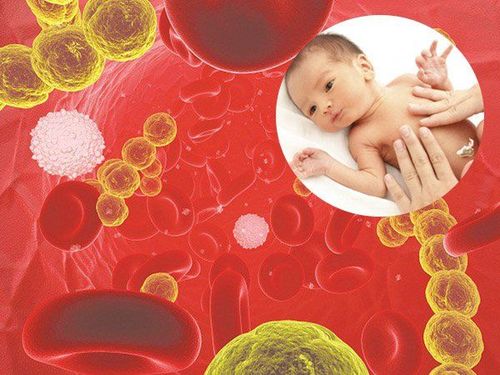
Nhiễm khuẩn huyết là một biến chứng nguy hiểm của vi khuẩn đa kháng kháng sinh
3. What causes multi-antibiotic resistant bacteria?
Some bacteria are inherently resistant to certain types of antibiotics called natural resistance. Typically, benzyl penicillin has little effect on most organisms found in the human digestive system (intestinal). Some bacteria have developed resistance to antibiotics once commonly used to treat them called acquired resistance. For example, Staphylococcus aureus (Staphylococcus aureus or MRSA) and Neisseria gonorrhoeae (the bacteria that cause gonorrhea) are now almost always resistant to benzyl penicillin. In the past, these infections were usually controlled with penicillin.The causes of the increase in multi-antibiotic resistance are very diverse, including:
Bacteria that make enzymes to break down, or change the molecular structure of the drug, leading to the inactivation of antibiotics. For example, beta-lactamase is an enzyme that breaks down beta-lactam antibiotics. Bacteria change the target of an antibiotic (also known as a drug-binding receptor or Receptor) causing a decrease in the permeability of the cell membrane, preventing the antibiotic from entering the cell. Create an ejection pump to push the antibiotic out of the body. Altering metabolic pathways makes antibiotics ineffective.
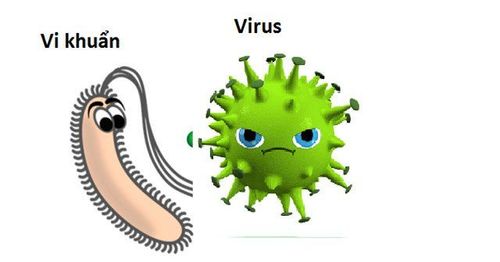
Các loại vi khuẩn tạo ra enzyme phân hủy dẫn đến tình trạng đa kháng kháng sinh
4. What to do to combat multi-antibiotic resistance?
There are many ways to limit the situation of multi-antibiotic resistant bacteria as follows:
Minimize unnecessary prescribing and overprescribing antibiotics. The most common case is a viral cold, but antibiotics are still prescribed even if they are not really needed. Take antibiotics for a full day, full dose. Most patients stop taking antibiotics when their symptoms have improved. This is a typical mistake and allows bacteria to become multi-resistant. Therefore, patients need to take the right type and dose of medicine exactly as prescribed by the doctor. Maintain good hygiene, wash your hands before and after eating. Do not arbitrarily buy antibiotics without the advice of a doctor. The situation of multi-antibiotic-resistant bacteria leaves many health consequences, so patients should not use drugs indiscriminately but need to use them exactly as prescribed by their doctors and pharmacists. If you have symptoms of illness, you need to see a doctor to get a prescription for the right medicine.
Vinmec International General Hospital is the address for examination, treatment and prevention of diseases. When performing the examination process at Vinmec, customers will be welcomed and used modern facilities and machinery along with perfect medical services under the guidance and advice of doctors. Good doctors, well-trained both at home and abroad.
In case it is necessary to use antibiotics to treat the disease, the doctors at Vinmec will provide a treatment plan, and advise and guide the patient to use the drug effectively, to avoid abuse and misuse. Indiscriminate antibiotics cause undesirable side effects such as antibiotic resistance.
Please dial HOTLINE for more information or register for an appointment HERE. Download MyVinmec app to make appointments faster and to manage your bookings easily.
References: ncbi.nlm.nih.gov, betterhealth.vic.gov.au, cbhs.com.au





